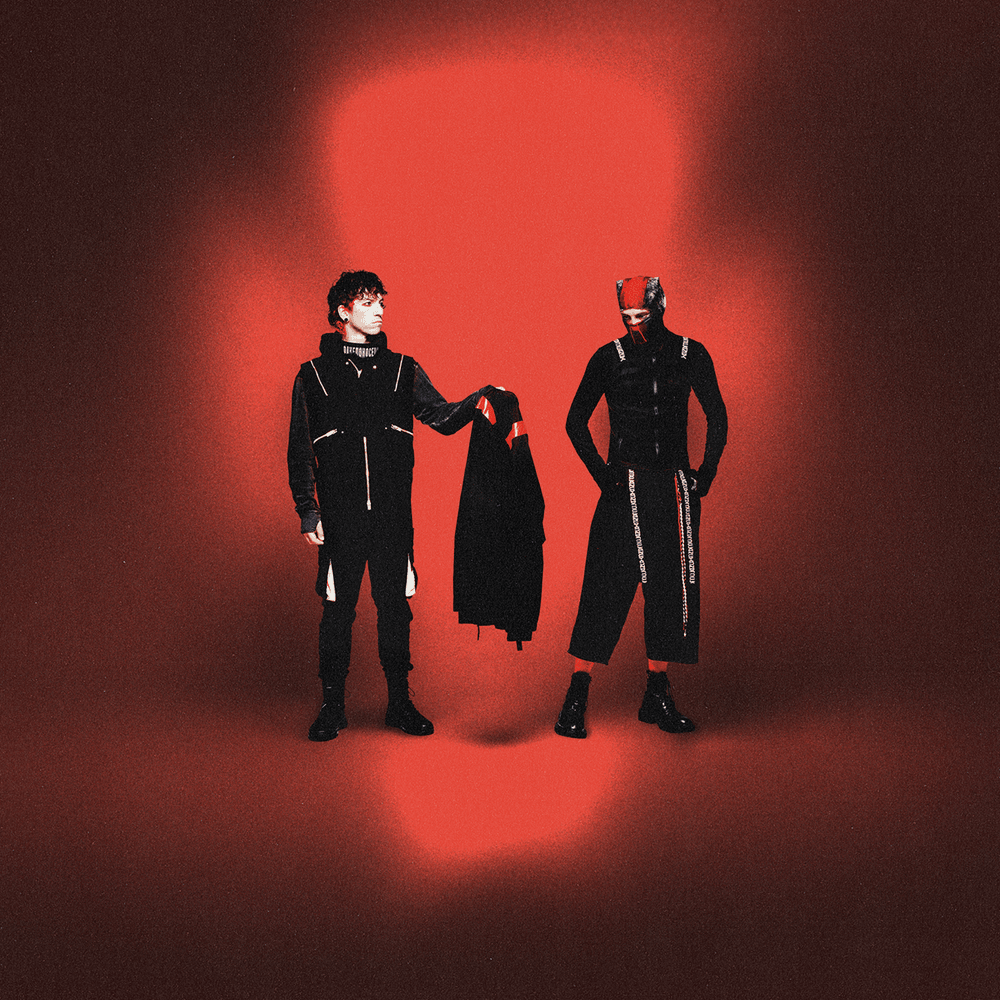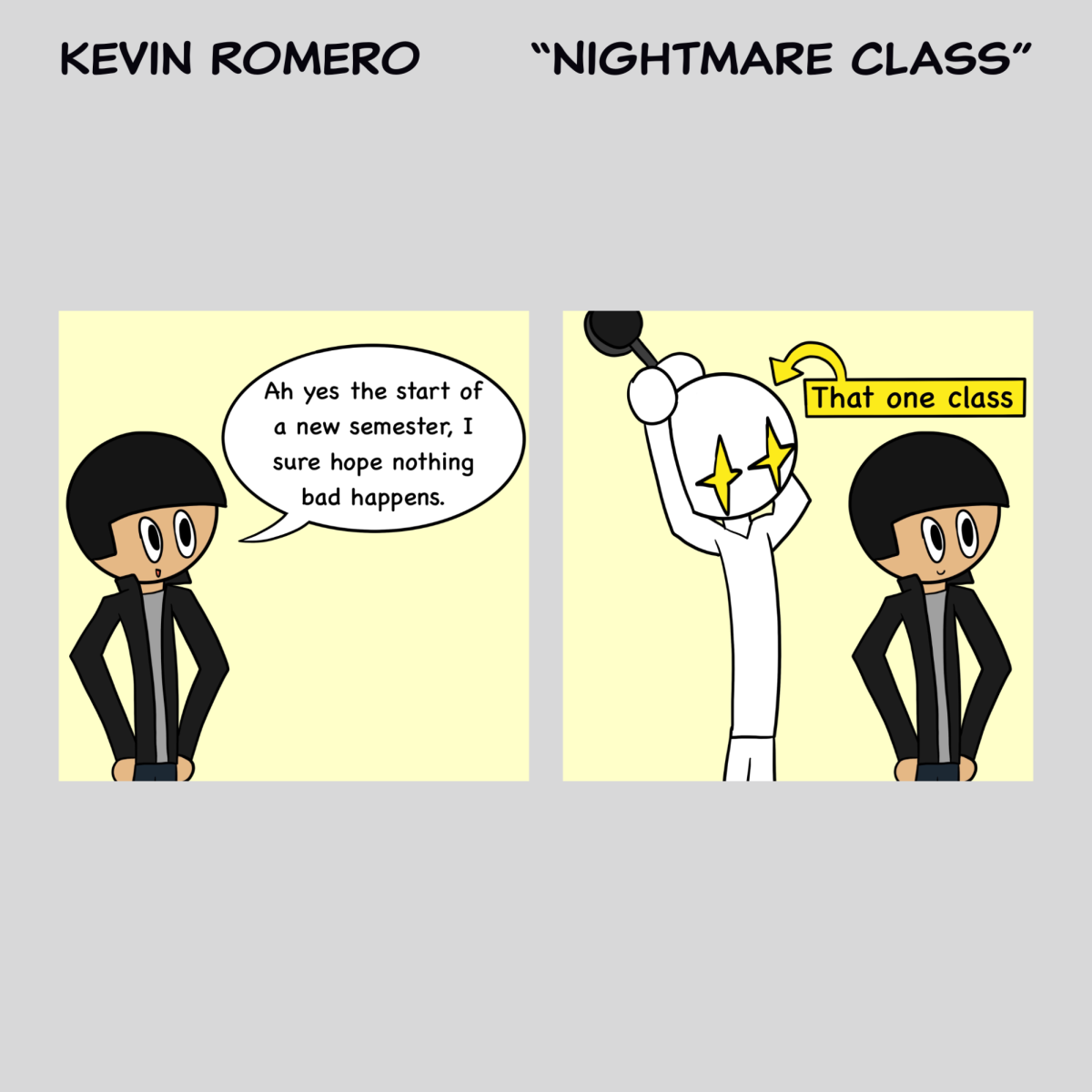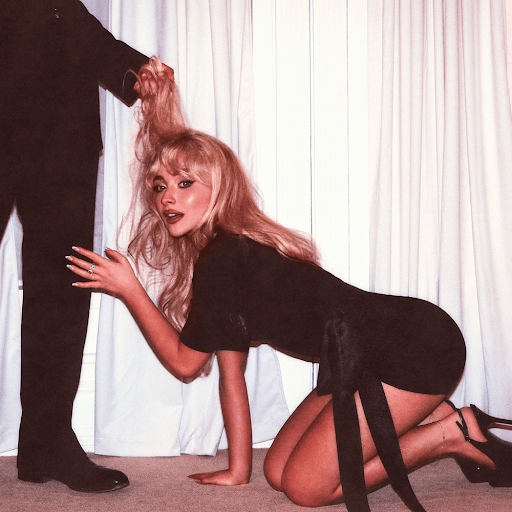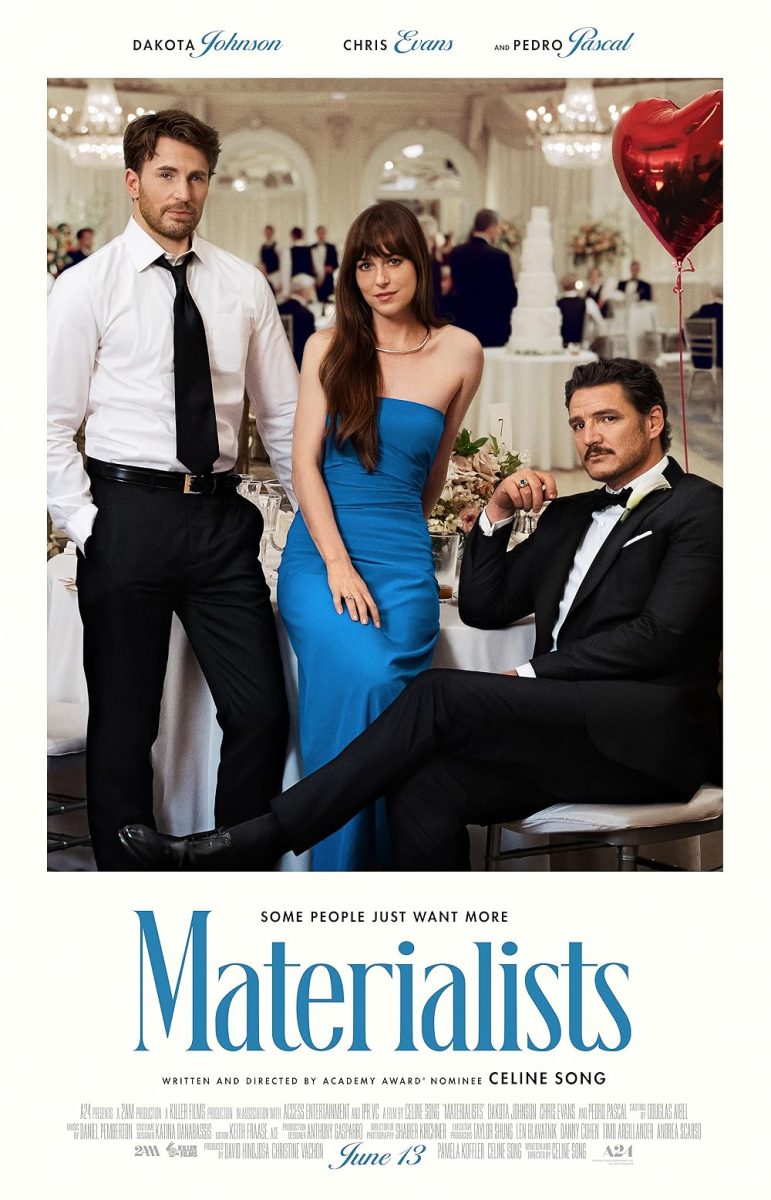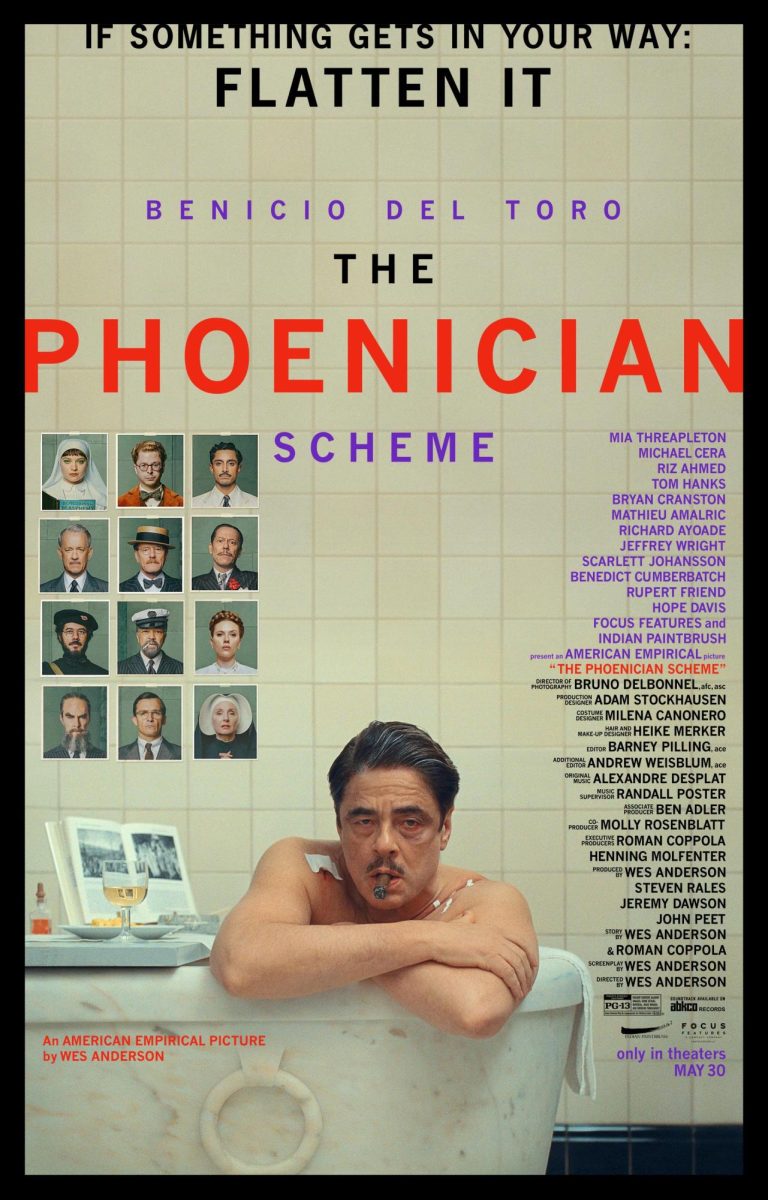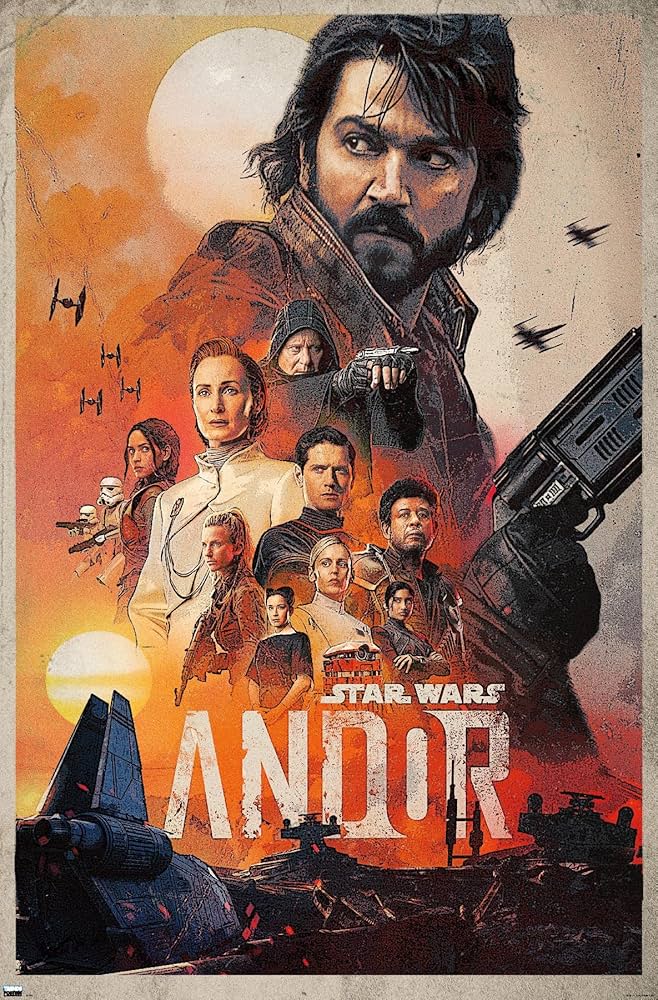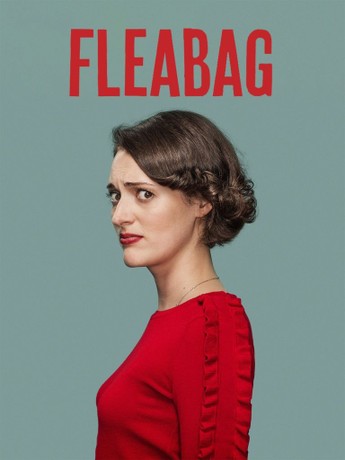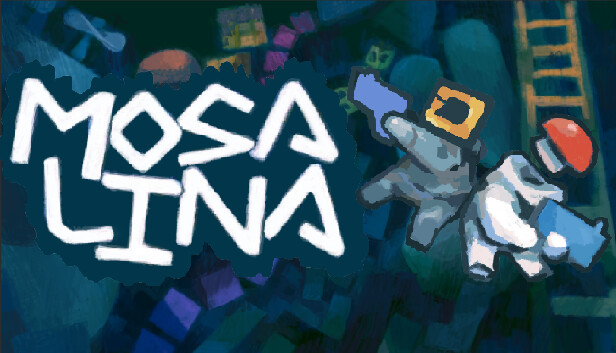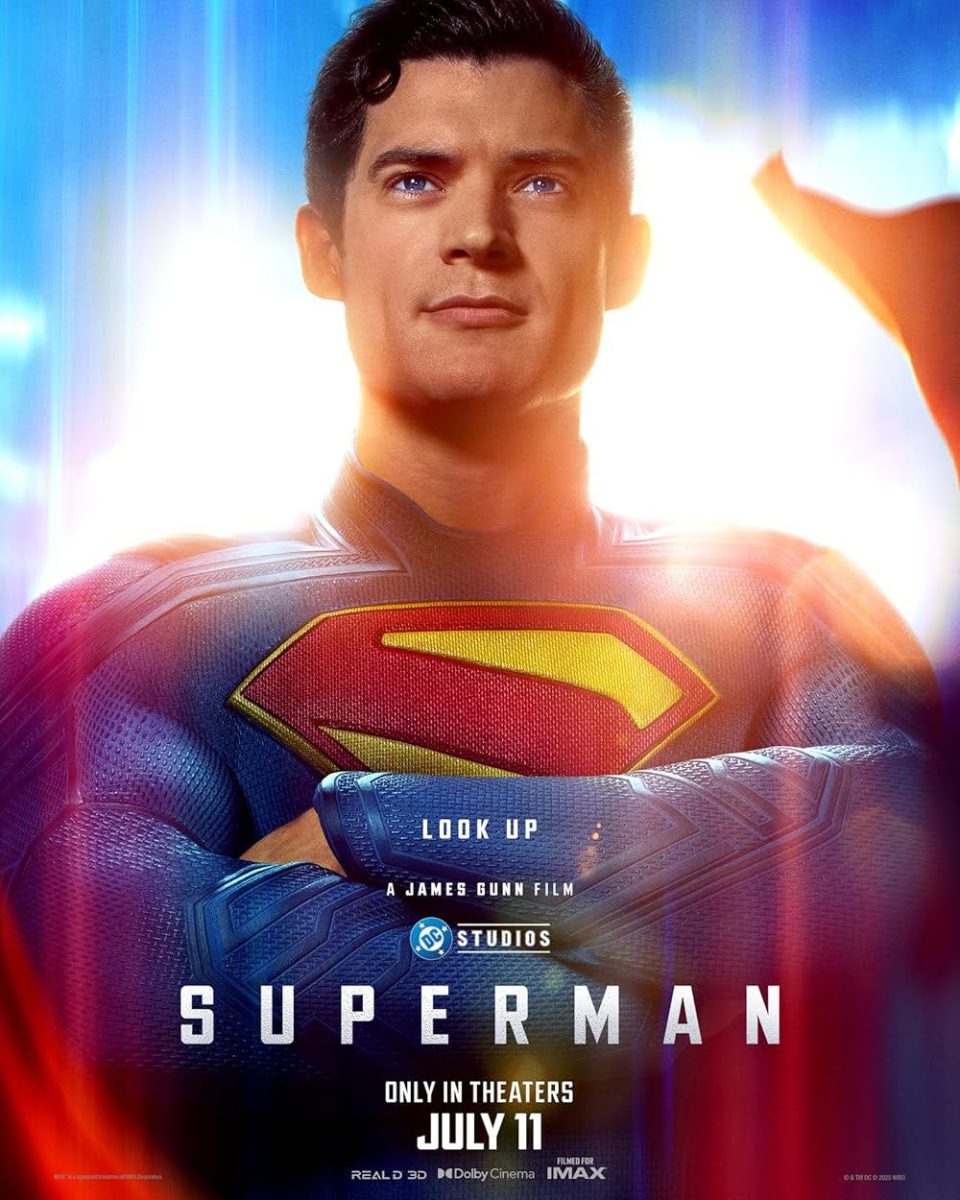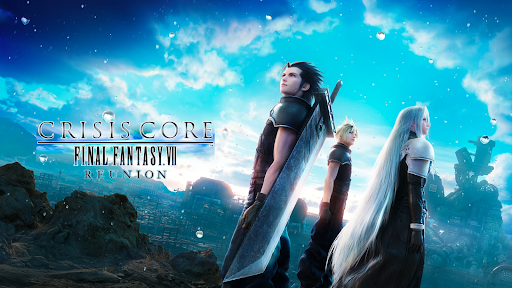
Final Fantasy VII: Crisis Core Reunion is a 1:1 remastered re-release of the original Crisis Core released back in 2007 for the Playstation Portable. Serving as a prequel before the events of Final Fantasy VII, Reunion follows the story of SOLDIER Zack Fair as he chases his dream to become a hero, as well as how his rose-tinted ideals of what a war hero fares when challenged by the people he admires around him.
Crisis Core Reunion strikes an exciting and refreshing blend of original story as well as retelling key events of the original FFVII across the span of one prologue and ten chapters. Each successive chapter builds off of one another, exploring various themes that all revolve around Zack’s changing perspective of the only life he knows: one of a soldier who dreams of being a hero. Each character relevant to Zack that is introduced provides new layers to Zack’s ever-changing reality. What does it mean to be a SOLDIER? For whom do I fight?
Themes of moral contention that are reflected through Zack’s character shine brightly; however, as much as I enjoy these challenges that Zack faces throughout the game, the Crisis Core Reunion’s original characters are … okay. If nothing else, they have personality.
The primary antagonist, Genesis, spends the entire game suddenly spawning in blathering off the same ten lines from his favorite play, LOVELESS, when his goal is, at the bottom line, to stop his body from dying out on him. As all members of the scientifically-enhanced military unit, SOLDIER, that Zack and company are a part of, Genesis is the one whose body has taken most of the toll as is searching for an answer to save himself.
Unfortunately, this mostly has him cloning himself to jump Zack for his lunch money, and when he does decide to show up, he’s holding a silly purple apple and saying a silly quote from his silly play. To discuss the significance of the purple apple, I will requote Genesis’s most quoted line from his beloved LOVELESS:
“When the war of the beasts brings about the world’s end,
The goddess descends from the sky,
Wings of light and dark spread afar,
She guides us to bliss, her gift everlasting.”
This quote is significant because … uhh … you know … because the apple … and Genesis … that guy he was a real riot because … uhh … he did that thing where he … One Winged Angel … erm … the beasts when they bring about the world’s end?
Am I making no sense? Yeah, Genesis has a tendency to just quote LOVELESS randomly with zero context. Zack, just like the player, responds with a timely, “HUH???”, and we realize that Genesis’s words also make no sense. In this case, we let his actions speak louder than words.
I promise I’m being facetious in describing his character; however, it’s just executed in such a silly way that it’s worth making a fuss over.
Shifting away from Genesis, Zack’s mentor and close friend, Angeal, also seems like a husk of what he could have been. Randomly appearing and disappearing to make some valiant claims on what it means to be a hero, only to ultimately be no more than a symbol of what Zack’s perception of heroism is, was pretty lackluster.
Just like Genesis, Angeal rolls up, stands on a confusing moral high ground, and flutters away for Zack to ponder. While I think Angeal is a good character in what he stands for, he is no more than a plot device to push Zack forward as a SOLDIER. Oh, and to remind the Final Fantasy fans, he was the original wielder of the Buster Sword, arguably one of the most iconic weapons in video game history. There is plot significance to the sword, but I’ll let the players see that one for themselves.
Given how this game is a direct remaster of the original, the classic cheesiness of the dialogue has been expertly preserved throughout its entirety. This isn’t the fault of the voice actors per se, as I absolutely loved Zack Fair, Sephiroth, and Cloud Strife’s voice actors; however, the dialogue itself is mostly just goofy.
I swear, ninety-five percent of the game will have you giggling with Zack’s interactions with literally everyone. While I love his voice actor and his performance was most definitely fun, whoever at Square Enix paid this guy to anime grunt and yell at people for basically every situation needs a raise. While it can drag away from the more serious moments, Zack does deliver some very heartfelt lines, especially in the final few chapters of the game, which makes the entire game worth playing on its own.
Fans of Final Fantasy VII know very well that this game has extreme value to the overall story that FFVII tells across multiple platforms. Zack Fair is an immensely integral part of the greater story. Watching the world unfold from his perspective provides an entirely new lens to many of the beloved scenes of the original game, furthering what the OG FFVII did best: subverting expectations.
Without spoiling anything, I’ll leave my discussion of the wider implications of Crisis Core Reunion with this: Imagine being able to see into the future to know that the car you’re driving is going to crash, explode, and leave you in a puddle of miserable tears. Despite this, you’re having SO MUCH FUN driving said car that you kind of forget yourself until you remember that you’re driving an actual death trap, and by that point, it’s too late, and you’re left broken and sobbing by the end of the experience. THAT is what Crisis Core Reunion is all about.
So, how could a lethal car crash be fun in the first place? Crisis Core Reunion takes the format that the Final Fantasy VII Remake team has been excelling in with their free-flowing action RPG format while still preserving the integral mechanics that made Crisis Core, Crisis Core.
Between button mashing the attack button, Zack gets both magical spells and physical abilities to juggle to deal with the wide variety of enemies that try to stop our favorite SOLDIER. These skills, as FFVII fans know, are obtained through equipping powerful orbs called Materia. However, unlike the other iterations of FFVII, Crisis Core mitigates the need to grind extensively to level up materia by allowing players to use the Materia Fusion mechanic, essentially letting you sacrifice two materia to make a stronger one.
I would be lying if I told you that I didn’t abuse this mechanic. The amount of magic materia that I fused to allow me to spam the highest level spells to obliterate my opponents is innumerable. In short, I threw SO MANY Dark Firaga spells throughout the game; I think my monitor has fireball effects burned into it …
There’s also the Digital Mind Wave (DMW) mechanic that most people probably know Crisis Core for in the first place. As you meet new characters, unlock powerful summons to aid you in battle, and fell bosses throughout the story, a new person is added to the DMW.
In every single fight, there’s the DMW slot machine that constantly spins on the screen, combining three random characters associated with numbers one through seven. Depending on the outcomes, Zack can get a multitude of effects. Infinite MP and AP to use abilities, extra health beyond your maximum stats, and guaranteed critical hits for an extended period of time are only a few of the outcomes you can get!
However, once three of the same character lands on the DMW, Zack gets to use that associated character’s Limit Break attack. These are highly damaging and highly cinematic attacks that have Zack taking on signature moves of characters throughout the game. Take it from me: always use these limit breaks when you get the chance! Not only are they insanely strong, but Crisis Core Reunion has some phenomenal cutscenes that play when you use a limit break. Especially when you use a summon, being a subset of the DMW, the cutscenes are literally movie quality.
While the sound effects of exploding fireballs and replicating the power of gods is lovely, it’s also obligatory for me to discuss the musical wonders that every Final Fantasy game brings to the table. Like every other installment to the series, Crisis Core Reunion blesses my ears once again.
So many tracks brought to this game are punchy, high energy, and to match Zack’s spirit throughout the game, heavy on rock instrumentals. The majority of original battle themes and remixes from the original FFVII are heavy and get your blood pumping. With each hack and slash away at your enemies, you know that Square Enix’s rock band will be there behind you shredding their way with you to victory.
Trust me, Blazing through the Battlefield will give you the perfect taste of what it feels to be a SOLDIER, and Roaming in the Afternoon Sun will always make you feel like you’re on a perpetual roadtrip with your closest friends (set up a fan to blow wind through your hair for added effect).
Outside of battle, Crisis Core Reunion takes a backseat on rock in the stead of some calming acoustic-forward tunes to ease in the more poignant parts of the game. If you can associate any instrument with Zack Fair, it’s a guitar.
A few special tracks that I want to highlight is Dreams and Honor, a special arrangement of the Crisis Core main theme, A Flower Blooming in the Slums, an acoustic cover of Aerith’s theme from FFVII, and naturally, Vengeance on the World, being Crisis Core’s cover of Sephiroth’s iconic theme, One Winged Angel.
While there’s lots that I love about Crisis Core Reunion, It’s far from perfect. While the gameplay itself is intuitive, it does get repetitive, and fights either finish instantaneously or go on for way too long. I managed to finish the entire main story in nine hours, so my short playtime serves as a testament to its difficulty. Although the dialogue is charming at times, and its significance to the greater story of Final Fantasy VII is nothing short of invaluable, its execution does feel clunky at various points in the game.
Despite some of the glaring flaws, this game was very fun. I had a blast through and through, and regardless of the times when it was blatantly obvious that some of the game is definitely dated, Crisis Core Reunion is absolutely worth playing. Whether you’re a diehard Final Fantasy fan or you’re looking for the perfect place to dive into the world of Final Fantasy VII, Crisis Core Reunion is a blast that lays the foundation for one of the greatest JRPGs to ever grace the industry.
My Rating: 7 Gongagas out of 10: I Shamelessly Cried



